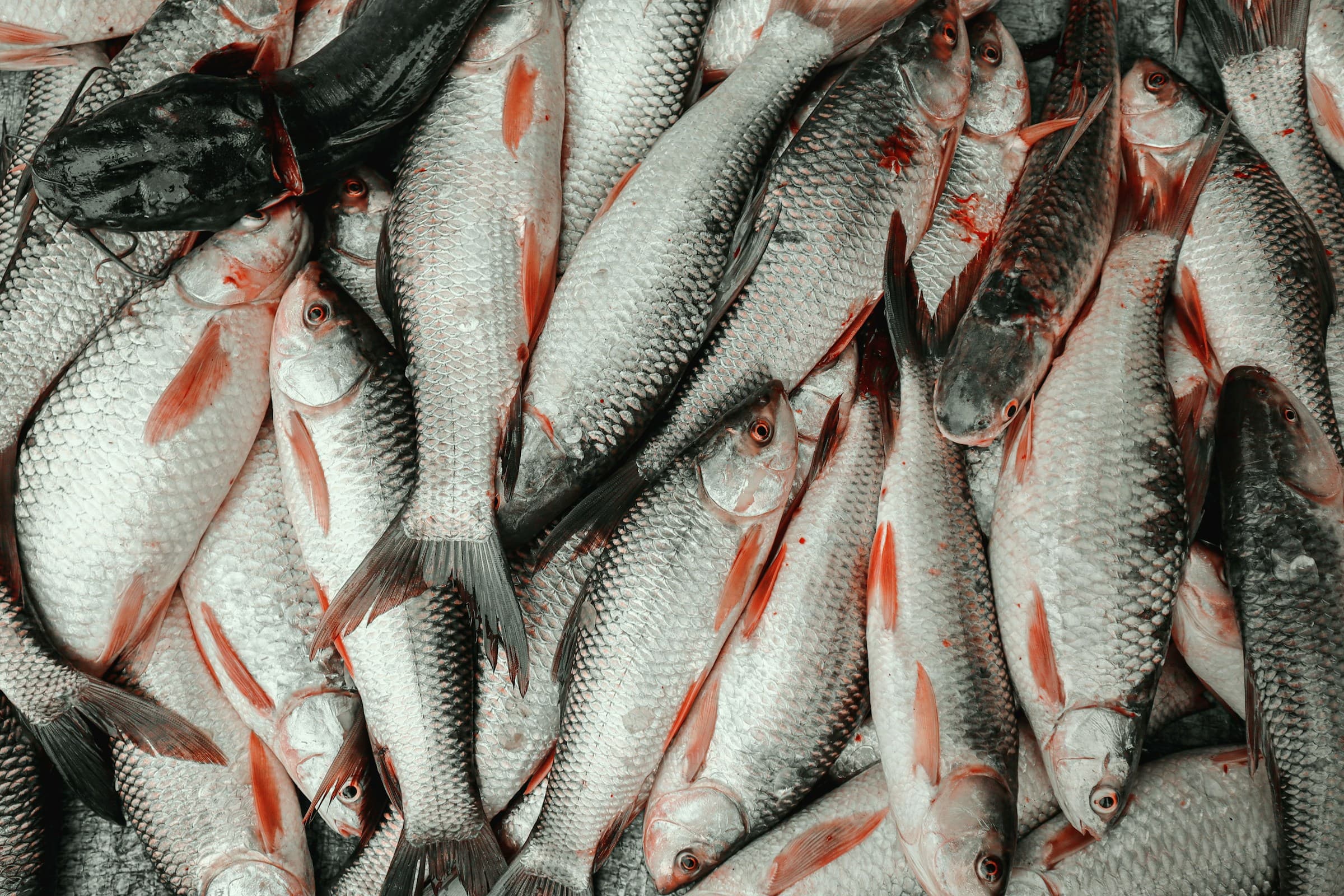Dogs are a man's best friend. They are a part of many people's families, so many homeowners try to give them the best food possible. And since fish is an amazing source of nutrients for humans, many dog owners want to know if fish is good for dogs, too. Well, let us take you into a deep dive into whether you can give fish to dogs, the types of fish good for your dogs, and how to safely feed fish to them.
Can Dogs Eat Fish?
Adding fish to a dog’s diet is surprisingly advantageous in many aspects. Regarding fish choice, it is always preferable to choose fish that contains minimum mercury and consume them when they are well cooked. For these reasons, when prepared and served to a dog, fish should only be offered in limited portions for dogs.
Benefits of Fish for Dogs
Fish contains quality proteins and omega 3 beneficial to dogs’ skin, coat, and joints. Omega-3 fatty acids also have anti-inflammatory actions, which are recommended to enhance dogs with arthritis. Further, fish is a good source of vitamins such as vitamin D and B2 (riboflavin) and minerals such as calcium, phosphorus, iron, zinc, iodine, magnesium, and potassium.
Which Types of Fish Can Dogs Eat?
Salmon: rich in protein and Omega-3 fatty acids
Sardines: small nutritious fish low in mercury
Whitefish: a good source of protein and ideal for your dog’s stomach
Herring: like sardines, this is another fish packed with Omega-3s
Anchovies: good for dogs in moderation
Types of Fish That Aren’t Safe for Dogs
Mercury
Sharks, swordfish, king mackerel, and tilefish containing high mercury levels should not be consumed, while other fish should be consumed twice a week at most. Mercury is one of the metals fatal to your dog as the metal slowly builds up in the body.
Some of the symptoms that can be detected in dogs that have been poisoned with this metal include; trembling, incoordination, and loss of sight, mainly when the case is severe, which may produce convulsions.
Parasites
Some fish, particularly those from the raw wild source, contain parasites that are detrimental to dog health. Salmon and others can harbor parasites including flukes or tapeworms which could be lethal to your dog.
How Should Fish for Dogs be Prepared?
Can Dogs Eat Raw Fish?
Raw fish is one of the worst foods you can give your dogs. Raw fish naturally has bacteria and parasites and can be lethal to your dog if consumed regularly. You can minimize the risk of parasites by cooking the fish properly and ensuring it’s safe for your pet.
Can Dogs Eat Fried Fish?
Fried fish is a no-no for your dogs. Cooking oils and the batter are unhealthy to ingest and can result in digestive problems further adding fats and calories to your dog’s diet. The safest bet is to give them baked fish, steamed, or grilled without basting or seasoning it with oil.
Conclusion
Incorporating fish into your dog’s diet can be astonishingly beneficial in various ways. When selecting fish, it is always safer to choose the fish types with low mercury content and ensure they are well cooked. Therefore, by feeding your dog fish in moderation, you will be helping them be healthy and happy.
Frequently Asked Questions
Can dogs eat sardines?
Yes, sardines are safe for dogs and would benefit them as they provide Omega-3 fatty acids and other nutrients.
Can dogs eat crab?
Crab meat shouldn’t be a problem as long as it is well-cooked and served in small portions but the shell and spices must be avoided.
Can dogs eat tuna?
Although tuna is good for your dog in moderation due to its providing of Omega-3 acids, it has high mercury content and should not feature often on your dog’s diet.
Can dogs eat goldfish?
No, goldfish are not fit for dogs to consume because they contain parasites and do not have any nutritional value.
Can dogs eat raw salmon?
Consumption of raw salmon fish should not be encouraged because of the likelihood of ingesting parasites.
Can dogs eat fish sticks?
Fish sticks should not be given to your dogs because the breading, oils, and seasonings are unsuitable for them.



